Meet the Latina Nutritionists at the Top of Their Game
With so many myths, misinformation, and fad diets out there, it’s hard to know who to turn to for accurate nutrition and health information. Well, these Latina nutritionists and wellness experts got you covered.
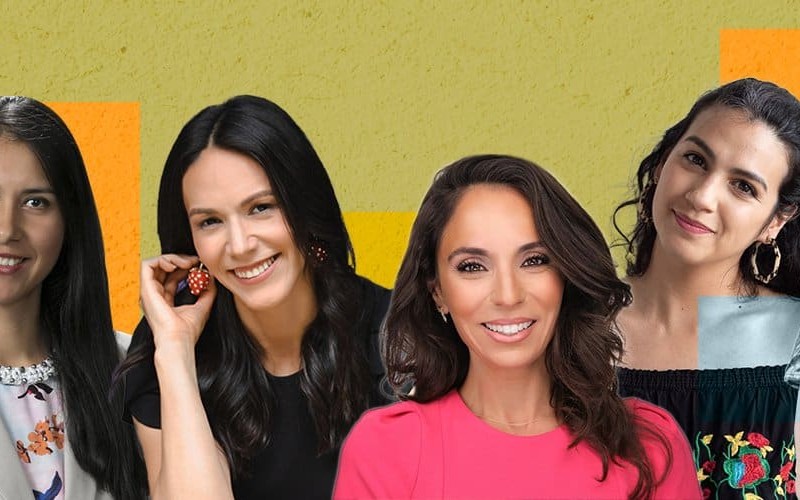
Navigating the health and nutrition landscape can often feel overwhelming, with so many diets, health tips, and fitness regimens to choose from. Fortunately, some experts have dedicated their careers to helping people understand these sometimes complicated topics, and teach their audiences how to spot misinformation and common myths, in addition to dismantling false ideas about traditional Latino foods and problematic body image beliefs.
With a fresh perspective on wellness, these nutritionists and health experts are delivering their expert advice in easy-to-understand ways:
Christy Wilson, RDN
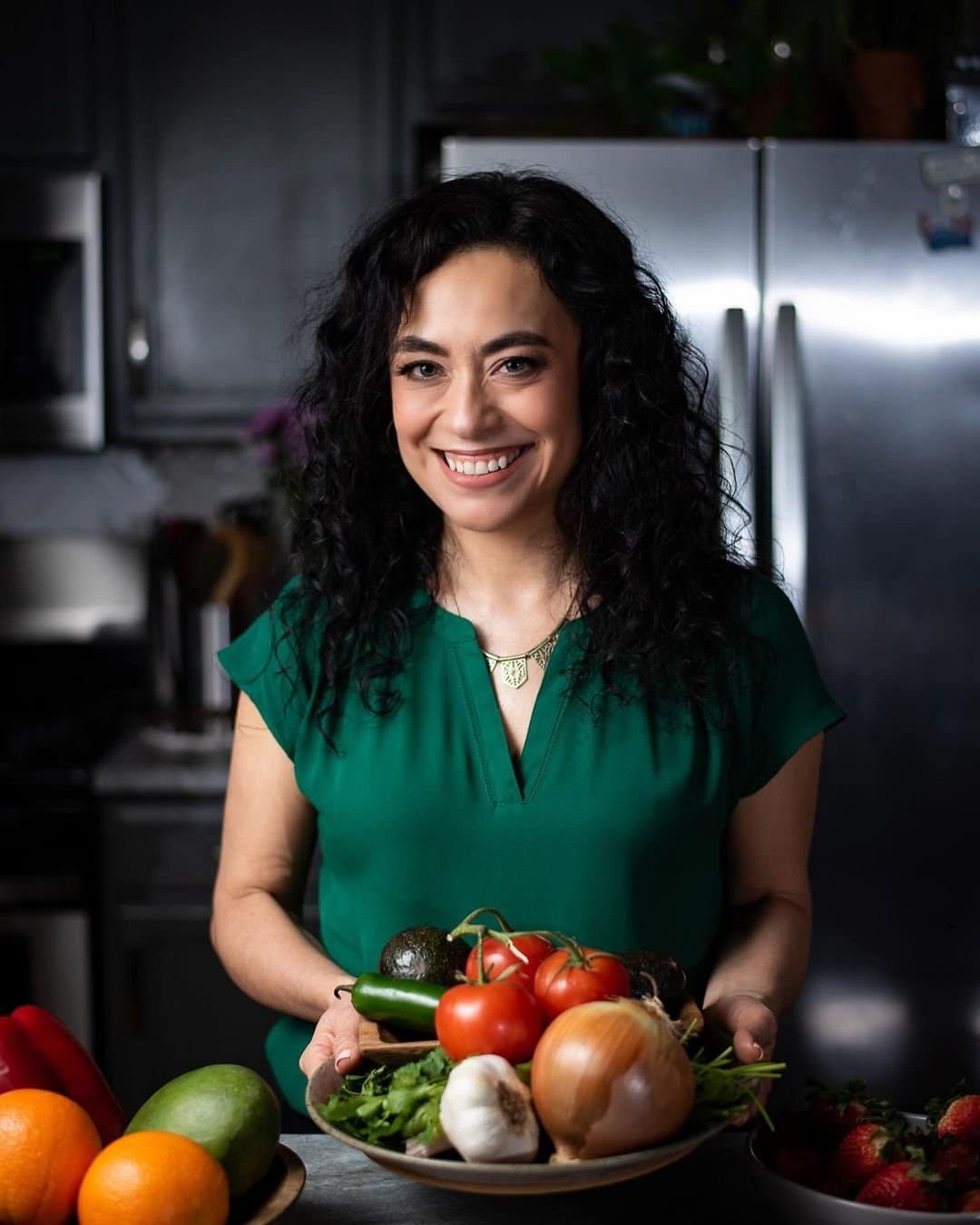
As a Registered Dietitian Nutritionist (RDN) of Mexican descent, Christy Wilson believes in the transformative power of food and nutrition. She’s most passionate about guiding her clients to better health through wholesome and nourishing foods. Christy’s ability to turn complicated nutritional science into understandable language and useful tips sets her apart in the field.
Christy’s impactful career has enabled her to serve clients in Arizona, Texas, and New York since 1997. She’s widely known for her nutrition-focused bilingual cooking classes and her consulting work with community organizations. Christy’s approach always leads to informed and health-conscious choices, be it at the grocery store, a restaurant, or your home kitchen.
You can catch Christy on Instagram, where she shares delicious recipes and helpful tips that will change the way you approach your diet!
Hortencia Jimenez, Ph.D
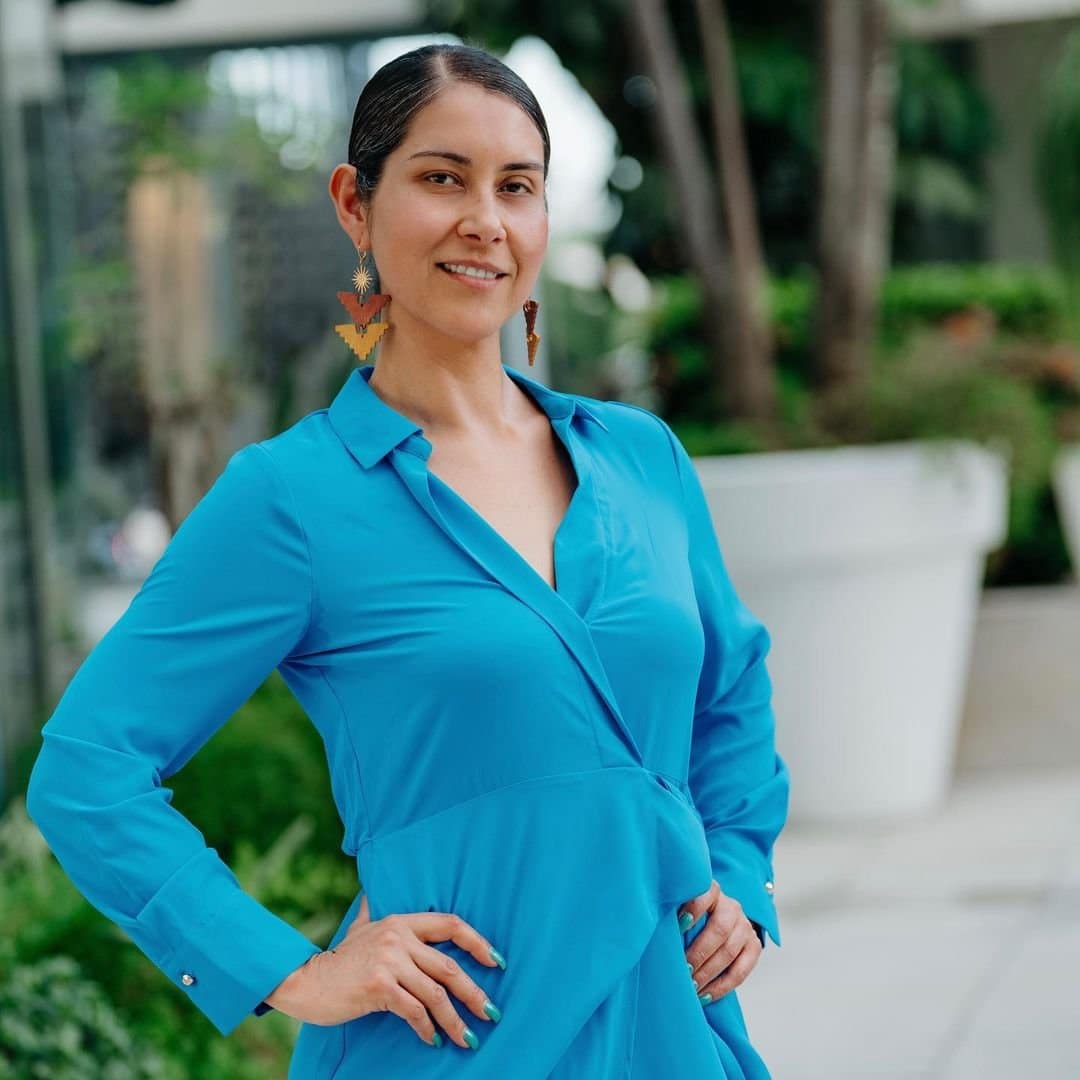
Dr. Hortencia Jiménez is the first in her family to earn a doctorate degree and she approaches her work with “an Indigenous, intersectional, social and racial justice lens.” Born in Mexico and raised in California, Dr. Jiménez’s roots have shaped her passion for public service and her commitment to community development. She carries a rich experience of working in the fields during her early years, alongside her grandmother, which lent her a deep understanding of the agricultural roots of nutrition.
Her extensive work in the non-profit immigrant rights sector in the Bay Area, California, and Austin, Texas, significantly contributed to her holistic approach towards nutrition, focusing on food and the social and cultural aspects that influence our diet. As a Sociology professor at Hartnell College, Dr. Jiménez leverages her background to educate about the importance of food, its cultural significance, and its role in overall health and wellbeing.
In addition to her work in academia, Dr. Hortencia Jiménez is a certified Holistic Health Coach from the Institute of Integrative Nutrition, New York City, a certified Personal Trainer through the American Council on Exercise, and an author. Taking a holistic approach to wellness, she tailors individualized programs for her clients, integrating aspects such as relationships, exercise, career, and spirituality.
If you’re ready to embark on a wellness journey with a supportive and expert guide, you can connect with Dr. Jiménez via her website or Instagram.
Gladys Saucedo, RDN

Las Vegas-based registered dietitian, Gladys Saucedo, offers a unique blend of clinical and cultural expertise in her work. She specializes in organ transplant nutrition, guiding her patients through drastic changes in their nutrition requirements and goals pre- and post-transplant. She’s deeply committed to her patients, helping them to reclaim their quality of life.
As a proud Latina and first-generation Mexican-American, Gladys works with Latinas outside of her clinical setting, helping them reconnect with their cultural foods. Her work is about much more than just food; it’s about helping people find a balance between their nutritional needs and their cultural heritage.
Follow Gladys on Instagram for all things nutrition, culture, and community!
Nicole Rodriguez RDN, NASM-CPT

New York Metro-based Registered Dietitian Nutritionist (RDN, NASM-CPT) Nicole Rodriguez is more than just an award-winning dietitian nutritionist; she’s a co-founder of Step Bite Step and an advocate for food choice empowerment. Her practice served via telehealth, is a testament to her commitment to making health and nutrition accessible to a diverse clientele. Nicole is Italian with a mix of Greek and Argentinian roots. Having spent many years in the Bronx and raising a Puerto Rican and Cuban child means that Nicole has developed a unique multi–cultural understanding of how to approach nutrition with a strong cultural lens.
Nicole’s dedication goes beyond her practice, as she also co-hosts the Food Bullying podcast to further promote positive messages about food. She also recently did a 30-day McDonald’s challenge experiment to see if the health outcomes could disprove common misconceptions about what it means to eat “healthy.” Turns out that fast food can actually fit in a healthy diet, and she shared her experience and the results with the Luz Community.
The reality is that you can be healthy and also not buy into the misconception you have to restrict food labeled as “bad” foods from your life forever. Rodriguez educates her audience to encourage unlearning, re-learning, de-stigmatizing, and de-shaming when it comes to our food choices.
She offers an array of services, including grocery store tours, meal planning, one-on-one nutrition coaching, and even personal fitness training, all tailored specifically to individual needs, lifestyles, and budgets.
Stay updated with insightful and relatable food advice by connecting with Nicole on Instagram or Twitter.
Krista Linares, MPH, RD
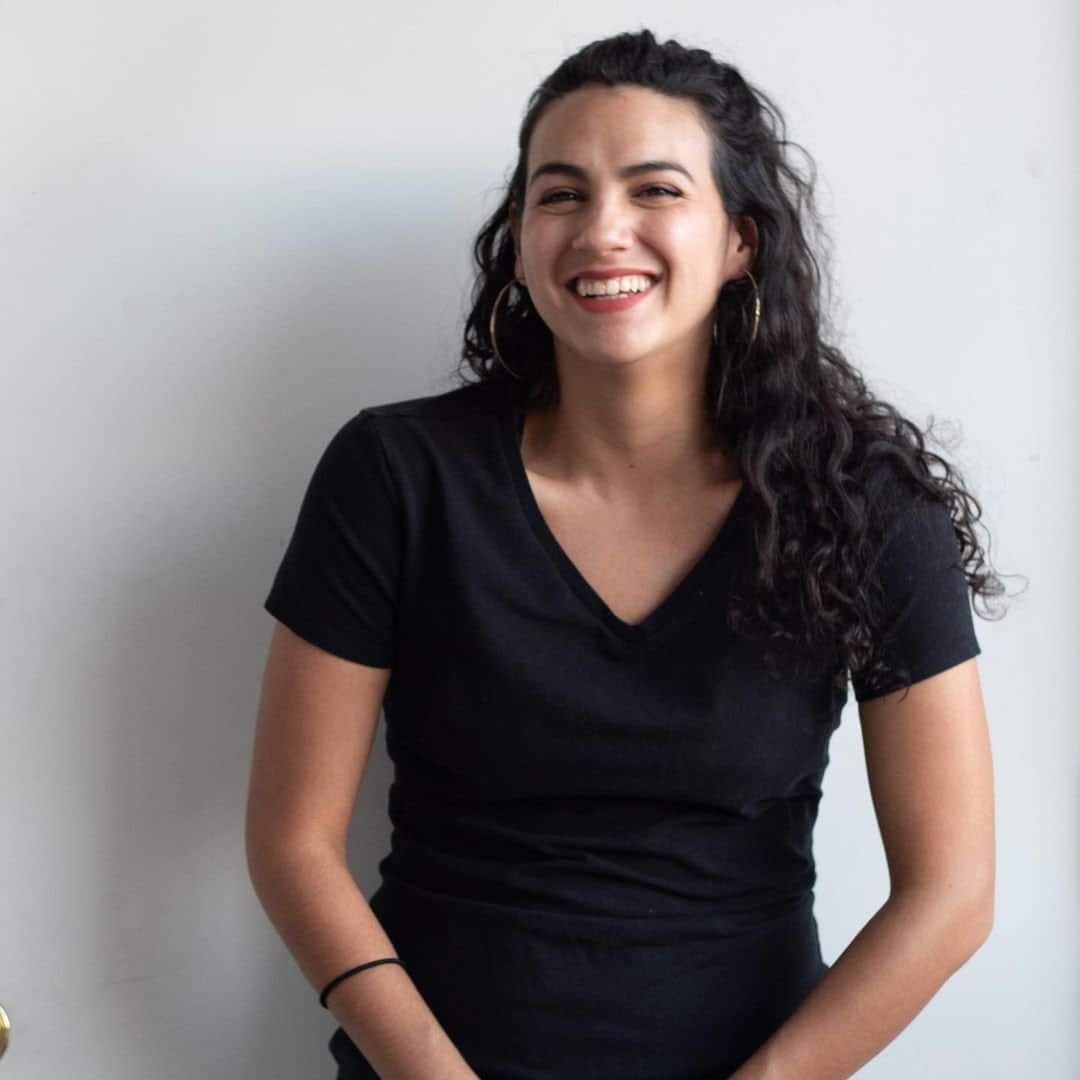
Krista Linares is quite a transformative figure in nutrition, bridging the gap between health and cultural heritage for the Latina community. After her personal journey with PCOS and food allergies led her to confront the cultural disconnect within standard nutrition guidelines, she decided to return to school and become a Registered Dietitian. She aspired to guide Latinos in their health journey while preserving their ties to their culture, emphasizing PCOS management. Krista proudly dedicates her practice to the unique nutritional benefits intrinsic to Latin American heritage foods.
Through her private practice and her initiative, “Nutrition con Sabor,” Krista primarily assists Latina women grappling with PCOS. She offers a specialized “PCOS for Latinas” program and creates nutritional guides spotlighting Latin American heritage foods. Her mission pushes the boundaries of traditional nutrition perspectives, advocating for recognition and respect for cultural foods. By challenging the outdated idea of cultural foods as problems to solve, Krista encourages an inclusive approach that values the unique nourishment Latin American food culture has to offer.
To keep up with Krista’s insightful nutrition advice and her ongoing work, you can follow her on Instagram or dive into the Nutrition con Sabor website!
Dalina Soto, MA, RD, LDN
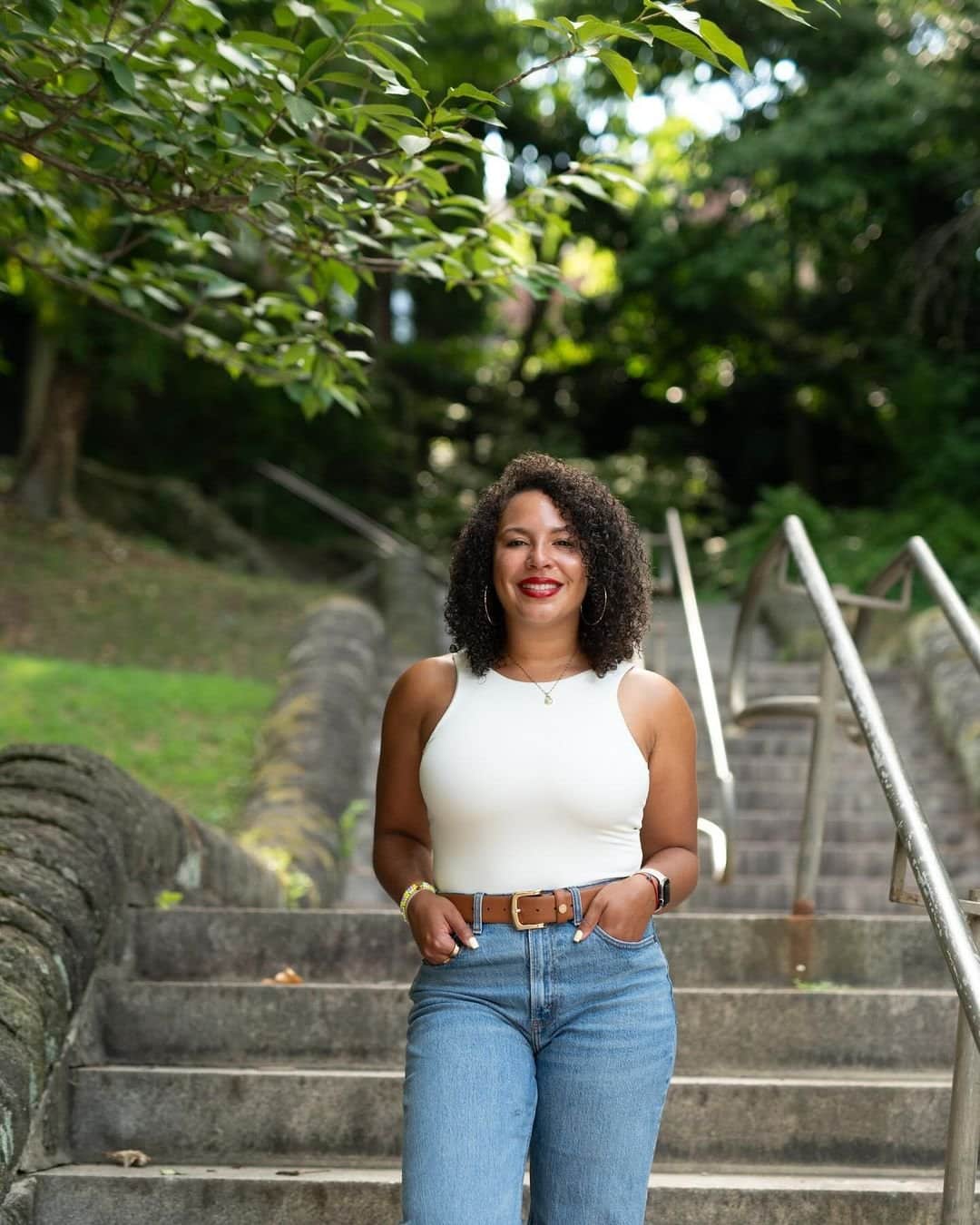
Dalina Soto is a registered dietitian and advocate of positive health. She has a Bachelor’s Degree in Nutritional Sciences from Penn State University, completed her Dietetic Internship, and got her Master’s Degree in Nutrition Education at Immaculata University. She calls herself a Latina anti-diet dietitian because her focus is on helping Latinas reclaim “the joy of diet-free living.” She’s a food lover and understands that people’s relationships to food can be complex and nuanced.
Dalina is the founder of Your Latina Nutritionist, where she helps Latinas ditch the narratives of restriction and denial that are keeping them from their food heritage and from achieving true well-being. Her work is focused on building new, healthier narratives about the foods Latinas grew up eating and reclaiming their enjoyment of them. To do that, she works with a team of other Latina dietitians, nutritionists, and health experts.
If you want to start embracing your culture, health your relationship with food, and eat without guilt, follow Dalina on Instagram or work with her.
Zariel Grullón, RDN, CDN

Zariel Grullón is a first-generation Dominican American dietitian who pursued this career to learn more about Latino cultural foods and how they can impact our well-being. She graduated from Ramapo College of New Jersey and Montclair State University and completed her Dietetic Internship at the CUNY School of Public Health. She explored nutrition deeply and learned to think about the Latino cultural foods she loved so much as something to be celebrated rather than avoided.
Today, she’s part of the Your Latina Nutrition team, founded by Dalina Soto. Her approach as a dietitian is based on a desire to help Latinas reclaim the foods they love and leave diets behind. Zariel is weight-neutral about her work because she believes there’s more to health and well-being than the numbers on the scale. Her main focus with clients is to help them reconnect with their bodies and learn to trust them so they can adopt more realistic and sustainable eating habits outside of diets. Zariel is also very open with her experience with endometriosis, providing visibility and raising awareness for it.
Follow Zariel on Instagram to get useful insights, tips, and advice, and stay up-to-date with her workshops and services.
Isabel Vasquez, RD, LDN
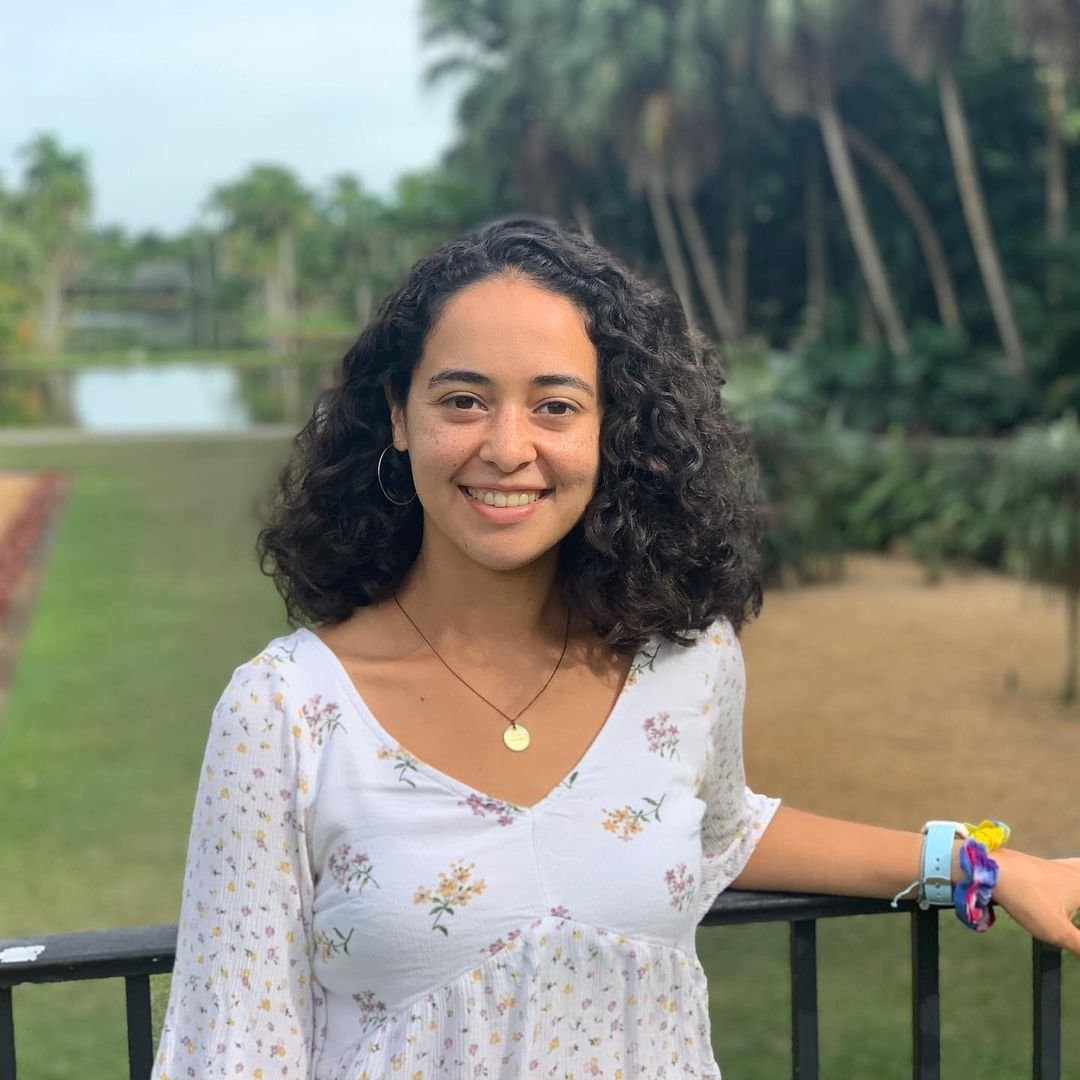
Isabel Vasquez is a second-generation American of Puerto Rican and Dominican descent. Having been influenced by American, Puerto Rican, and Dominican cultures, she has a multi-cultural approach to nutrition. She got a Bachelor of Science in Nutrition at La Salle University and completed her Dietetic Internship, making her a Registered Dietitian.
Isabel is no stranger to healing from food and body struggles, so her approach is informed by her own personal experience as well as her education. One of her main focuses is to help clients make empowered decisions by teaching them how to break away from diet culture and become more in tune with their bodies. She understands how central food is to everyone’s lives, especially Latinas, and is committed to helping people improve their relationship with food.
She’s part of the Your Latina Nutritionist team as well and she’s known for her weekly blogs on health and nutrition. Her articles are very insightful and helpful, so it’s no surprise she has been featured in publications like Health.com, Well+Good, Self, EatingWell, and more.
Follow her on Instagram to stay up-to-date with her and keep an eye on the Your Latina Nutritionist blog to catch her articles.




